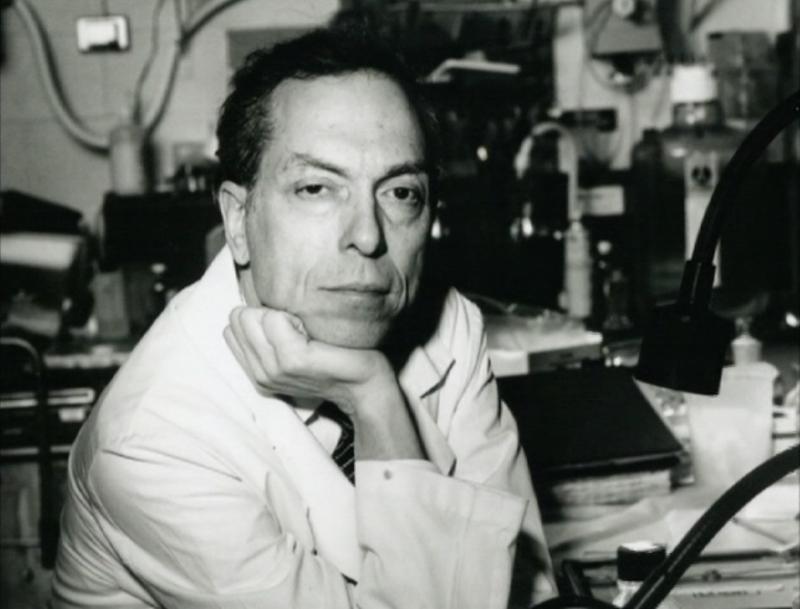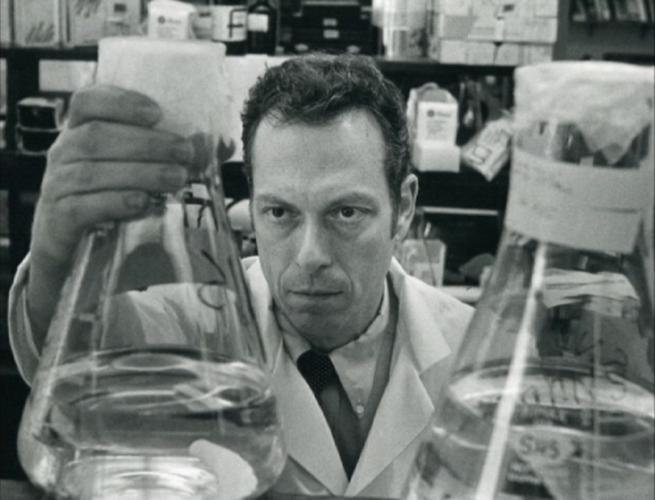Although the neuroscientist Solomon H. Snyder is renowned for his work on addiction and the brain, much of his success was due not to experiments, but reading. “I’m a klutz,” he said in an interview in 1994. “If I touch anything, it will break.” Instead, he said, the secret to his achievement is reading widely, including research from other areas of science unrelated to that of the brain. Although he has since proven himself an exceptional scientist, Snyder didn’t set out to do science as a career. In fact, as a child he was most attracted to music, and spent hours practicing classical guitar in high school. He switched to science when many of his friends chose this field, and chose psychiatry in particular because he was fascinated by the work of Sigmund Freud. Yet his musical interests proved useful as an undergrad at Georgetown University where he taught guitar on the side. One of his students, a young scientist named Donald Brown, offered Snyder a summer job as a research technician at the National Institutes of Health, piquing his fascination with scientific research and discovery. “Science in school was yuck. But research was very creative, like composing,” he said. Years later, Snyder has contributed greatly to research on the brain—most notably with his work around opioid receptors and the mechanisms of action of psychoactive drugs—setting the groundwork for news drugs and treatments for psychiatric disorders and pain.
By Jeremy Gordon









